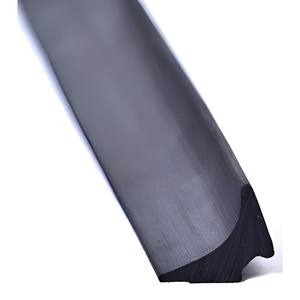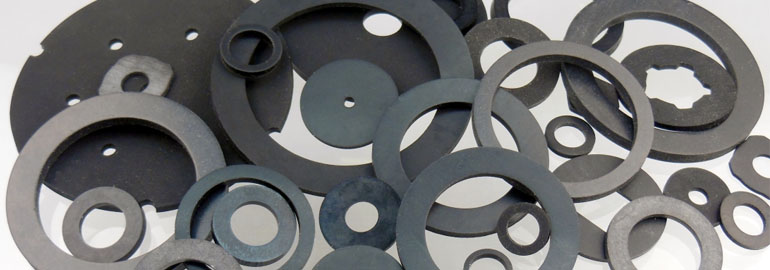Steel door seals, also known as door gaskets or weatherstripping, are essential components used in doors to provide a seal between the door and its frame, preventing the ingress of air, water, dust, and noise. These seals are commonly used in a wide range of applications, including residential and commercial doors, industrial settings, and even in specialized environments like refrigeration and fire-rated doors. A comprehensive understanding of steel door seals encompasses various aspects, including their types, functions, materials, installation methods, and benefits.
Types of Steel Door Seals:
- Compression Seals: These seals are designed to compress when the door is closed, creating a tight seal. They often have a spring or foam core for flexibility and resilience.
- Magnetic Seals: Magnetic seals use magnets to ensure a secure closure and are highly effective at blocking drafts. They are commonly used in energy-efficient and soundproof doors.
- V-Shaped or Kerf Seals: These are inserted into kerfs or grooves in the door frame. They effectively seal gaps and are commonly used in wooden doors.
- Automatic Drop Seals: These are usually used in commercial settings and automatically drop down when the door closes, providing an airtight seal.
- Brush Seals: Brush seals consist of flexible bristles that create a barrier against drafts, insects, and dust. They are often used in garage doors and industrial settings.
- Intumescent Seals: These seals expand when exposed to heat, providing fire protection by sealing gaps in fire-rated doors and preventing the spread of flames and smoke.
Functions of Steel Door Seals:
- Energy Efficiency: One of the primary functions of steel door seals is to enhance energy efficiency. They prevent drafts and heat loss during cold weather and help keep cool air inside during hot weather, reducing heating and cooling costs.
- Weather Protection: Door seals are crucial in protecting interiors from harsh weather conditions. They keep rain, snow, and wind from entering a building, which is especially important for exterior doors.
- Sound Insulation: Steel door seals help reduce noise transmission, providing a quieter and more comfortable indoor environment. They are often used in soundproof doors and studios.
- Dust and Insect Control: Door seals block dust, dirt, and insects from entering a building, maintaining a cleaner and more hygienic space.
- Security: In addition to environmental factors, door seals can enhance security by making it more difficult for intruders to pry or force open doors.
Materials and Construction:
Steel door seals are manufactured using a variety of materials, depending on their intended use. Common materials include:
- Rubber: Provides flexibility and a reliable seal against various environmental factors.
- Neoprene: Resistant to oil and weathering, making it suitable for industrial applications.
- Silicone: Known for its high-temperature resistance and durability.
- Aluminum: Often used in combination with other materials for added strength.
- Magnetic strips: Utilized in magnetic door seals for airtight closures.
- Intumescent materials: Used in fire-rated seals to expand and seal gaps in case of a fire.
Installation Methods:
Proper installation of steel door seals is crucial for their effectiveness. Installation methods may include adhesive backing, screws, nails, or kerf slots in the door frame for insertion.
Benefits of Steel Door Seals:
- Energy Savings: Reduced energy consumption and lower utility bills.
- Improved Comfort: Maintain consistent indoor temperatures and reduce drafts.
- Enhanced Security: Added protection against forced entry.
- Noise Reduction: A quieter and more peaceful indoor environment.
- Durability: Extends the lifespan of doors and reduces maintenance costs.
- Protection from Weather: Prevents water infiltration, preventing damage to interiors.
In conclusion, steel door seals are vital components in doors, contributing to energy efficiency, weather protection, security, and comfort. The choice of seal type and material depends on the specific application and requirements, whether it be for residential, commercial, industrial, or specialized environments. Proper installation and maintenance of steel door seals are essential for their long-term effectiveness and benefits.






